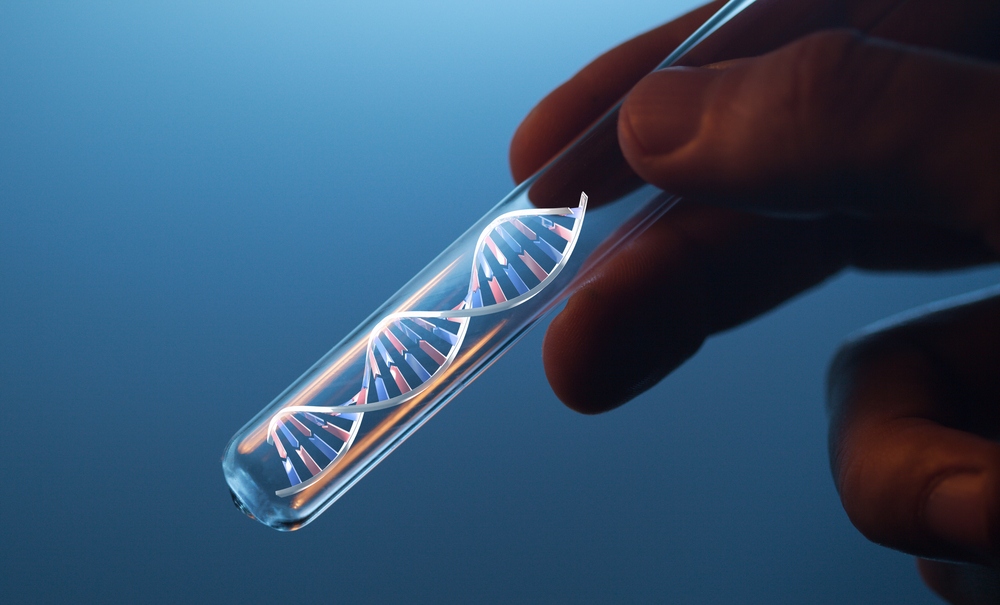Genetic carrier testing is a laboratory test that allows individuals to know if they are at risk of having a child with a certain inherited genetic disorder. The test analyzes a blood sample from the mother and looks for certain genetic variants that are associated with specific genetic conditions. For example, cystic fibrosis, a condition characterized by the production of thick mucus throughout the body, is associated with a genetic variant on the seventh chromosome. If an individual has this variant, he/she is at risk of passing it onto their children.
Conditions associated with genetic carriers are called autosomal recessive conditions. Many times, autosomal recessive conditions come as a surprise. This is because in order for an autosomal recessive condition to develop, a child must inherit two copies of the genetic variant — and this may not happen for generations. For this reason, the results from genetic carrier testing may come as a surprise to healthy individuals who have no known family history of genetic disorders. In this article, we’ll outline a few steps you can take to face and manage your emotions regarding unexpected genetic testing results.
Make an Appointment to Speak with a Genetic Counselor
If you didn’t meet with a genetic counselor before beginning genetic carrier screening, now is a good time to make an appointment. Why? Because genetic counselors are specialty trained to work with individuals and couples to help them process their feelings throughout the genetic testing process, in addition to assisting them with understanding results.
Write Down Your Questions and Concerns
Consider writing down all of your questions and concerns and bringing them with you to your appointment with a genetic counselor. Writing down your questions in the moment is the best way to make sure that you get all of them answered. That being said, you can always call your genetic counselor after your appointment to ask additional questions.
Understand Your Results and Your Options
If you test positive as a genetic carrier, this does not mean that you will definitely have a child with a genetic condition. In order for your child to inherit a genetic condition, your partner must also be a genetic carrier for the same condition. Your partner should be tested next. For couples in which both individuals test positive as genetic carriers for the same condition, there is a 25 percent chance that their child will develop the disorder.
If you and your partner are genetic carriers for the same condition, some options may be:
Having a natural pregnancy and preparing for how to raise and care for a child with the genetic condition, in case your child inherits it
Undergoing prenatal testing during pregnancy and preparing proper healthcare for the child if he/she tests positive for a genetic condition
Choosing an alternative fertility option, like in-vitro fertilization (IVF) with preimplantation genetic screening — when the embryo is screened for genetic abnormalities before being implanted into the uterus
Choosing adoption
Genetic counselors work with couples before and during pregnancy to explain test results, as well as to discuss fertility options and further testing throughout pregnancy.
Which Genetic Carrier Test is Right for You?
If you’re interested in learning more about genetic carrier testing, talk to your doctor or meet with a genetic counselor. Some genetic carrier tests screen for a limited number of inherited genetic conditions, while others test for a wide range of inherited genetic conditions. If you test positive as a genetic carrier for a certain genetic condition, make an appointment to speak with a genetic counselor to discuss what these results mean for you in terms of family planning.





























No Comments
Leave a comment Cancel